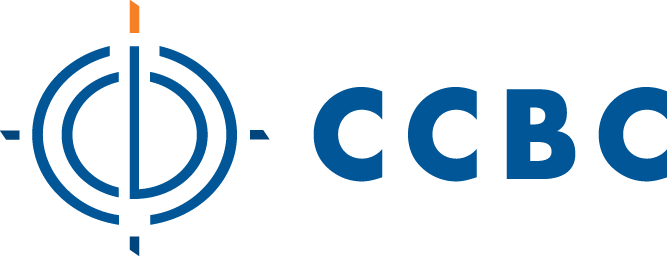Chapter 8
Open Resources for Nursing (Open RN)
8.2 Case Study Maria’s Journey Through the Health Care System
1. Maria’s financial stress can lead to poor medication adherence, unhealthy dietary choices, and infrequent medical visits. This results in poorly controlled diabetes and increased risk of complications. Additionally, the constant stress of managing her finances can raise cortisol levels, negatively impacting her blood sugar control.
2. Programs such as sliding scale fees at clinics, subsidies for medications, food assistance programs like SNAP, and community-based health initiatives could help reduce the financial burden on individuals like Maria. Expanding Medicaid and implementing prescription drug assistance programs are also effective measures.
3. Improved health literacy can empower Maria to understand her condition better, follow her treatment plan accurately, make healthier lifestyle choices, and seek timely medical help. This knowledge can lead to better diabetes control, fewer complications, and overall improved health outcomes.
4. Community health workshops, educational programs at local community centers, partnerships with local schools to provide health education, and accessible online resources can enhance health education. These programs should focus on diabetes self-management, nutrition, and general health literacy.
5. The lack of accessible health care services can lead to delayed treatment, worsening of Maria’s condition, increased complications, and ultimately higher health care costs due to emergency care and hospitalizations. Poor access to health care also reduces preventive care opportunities, contributing to the progression of chronic diseases like diabetes.
6. Solutions include expanding community health centers, providing mobile health clinics, increasing funding for public health initiatives, and implementing telehealth services to reach underserved populations. Additionally, policies that incentivize health care providers to work in underserved areas and improving public transportation to healthcare facilities can help.
7. Living in a food desert forces Maria to consume high-calorie, low-nutrient foods, which can lead to poor diabetes control and increased complications. Limited access to healthy foods makes it challenging to follow dietary recommendations for managing diabetes.
8. Initiatives could include improving public transportation routes, providing subsidized transportation vouchers, partnering with ride-sharing services, and developing community-based transport programs. Mobile clinics and telehealth services can also mitigate transportation barriers by bringing healthcare services directly to the community.
9. A lack of social support can lead to feelings of isolation, depression, and reduced motivation to adhere to treatment plans. Social support is crucial for emotional well-being and effective disease management. Without it, Maria may struggle more with managing her diabetes and overall health.
10. Community programs such as neighborhood watch groups, community centers offering social activities, mental health support groups, and safe spaces for exercise can enhance social support and safety. Initiatives to improve public safety, such as increased police presence and community policing, can also create a safer environment for residents to engage in outdoor activities and social interactions.
Answers to interactive elements are given within the interactive element.

